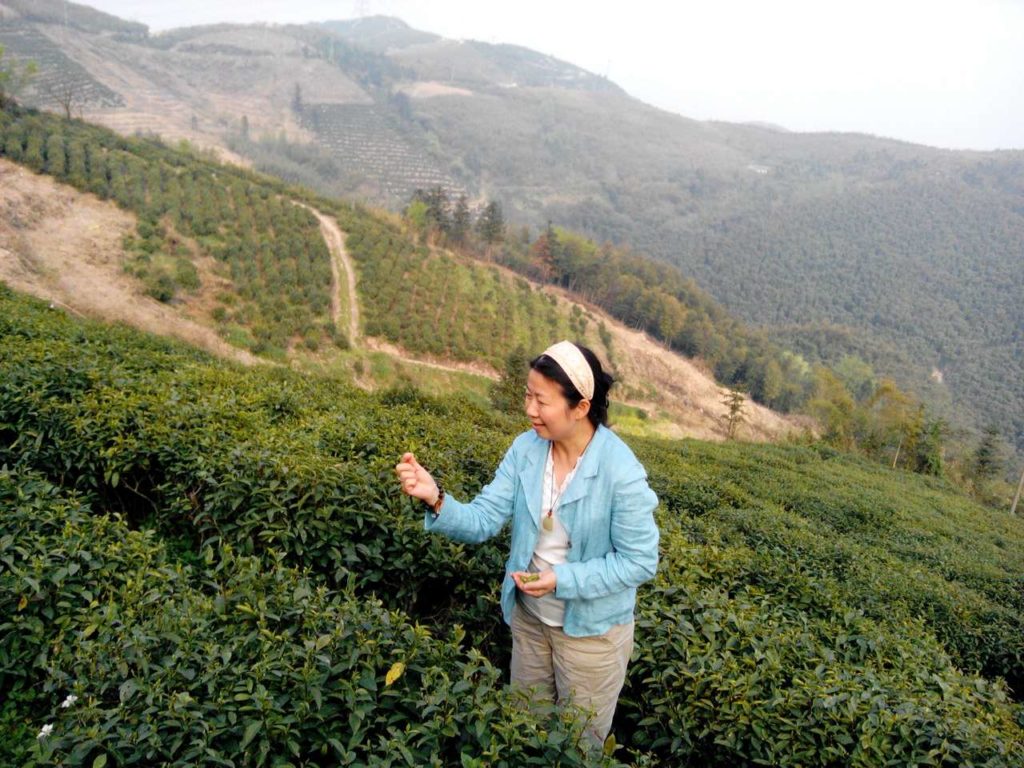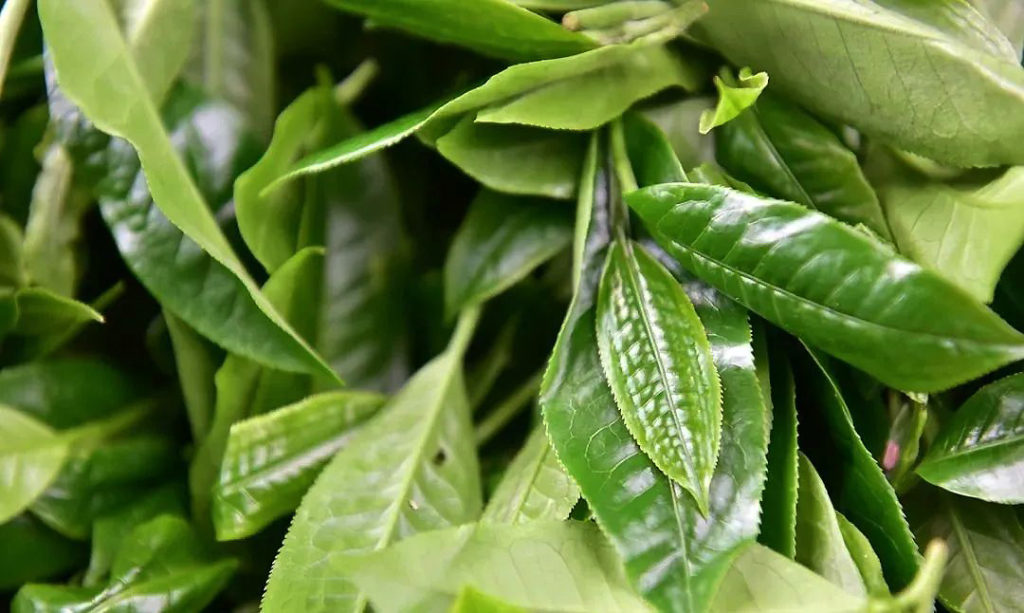Which is the best tea for my health?
This is the most common question we hear at Seven Cups. There are many factors to consider when answering this question. We have been bombarded with information over the last few years about tea and health from every source imaginable. There is an enormous amount of research being done all over the world in relationship to tea and health, and it would be a full time job just to keep up with it. The subject is dense and often controversial. We would like to take a few steps back from the details and just give you an overview from the Chinese perspective.

Tea and its health benefits have been enjoyed by Asians for thousands of years. Since ancient times, green tea has been prized as a traditional tonic for keeping the body and soul in good condition. It has long been valued for its medicinal uses. In modern times, scientific studies have confirmed the traditionally held beliefs about tea. It seems that every few months another scientific study confirms the healthful potential of green tea that was first recorded by a Chinese emperor more than 4000 years ago. Studies into the effects of tea have progressed far in recent years, and scientific research is now confirming that tea is a key element in achieving and maintaining good health.
Traditional Chinese Medicine is perhaps the most well-tested and experienced medicinal institution on Earth serving one-fourth of the population. Only the most practical and powerful healing methods have managed to survive the test of 6000 years.
The foundations of the medicine are the four pillars of health:
- an appropriate mental attitude
- proper rest
- exercise to stimulate circulation
- a balanced diet
Perhaps only tea manages to fulfill all four pillars at once. It is well known in China that tea both stimulates mental clarity and soothes the emotions. It invigorates the blood and vital energy, while relaxing the muscles and clearing fatigue. Further benefits include improving digestion, strengthening body systems, and increasing longevity.

In Traditional Chinese Medicine, tea is considered the most beneficial of all herbs and the only one that can be consumed daily. It is said, in Chinese culture, that you can go a day without food, but not a day without tea. It is hard to overstate the cultural importance of tea, and that importance was centered in health long before the joy as a beverage was considered. It has been the practice almost as long as the usage of tea, the elite in China were guaranteed the best tea. Even today, the Chinese astronauts, while circling the earth, drank nothing but tea.
Although not a common notion in the West, the Chinese understand that we need to find internal balance between cooling and warming. This balance between hot and cold, wet and dry, internal and external, ascending and descending is essential for maintaining health. Tea has the remarkable ability to warm cold disorders and to cool warm disorders. It has the ability to drain excess dampness from the body, while moistening dryness. Healing for both the skin and the bones, it helps the down go down & the up, well, you get the idea. For example, skin blemishes would be an indication of too much internal heat. A cooling tea would be used to recreate balance. Problems with digestion would be an indication that the body is too cool and a warming tea would be appropriate. In picking a tea for health reasons, it would be helpful to look at whether or not the problem is one of heating or cooling. In general, the less the tea is oxidized the more cooling, green teas being the less oxidized, and black tea and cooked aged puer being more warming.
We don’t want to say, “Drink this tea because it will be best for your health.” We are not doctors, and we feel it’s a bit questionable to hype a certain tea as a health remedy, but we hope that these guidelines are helpful. In my opinion, the best tea for you is the one that you enjoy the most- at least that is what drives my choice.
Oh, and tea tastes wonderful! What other reason would you need?!
